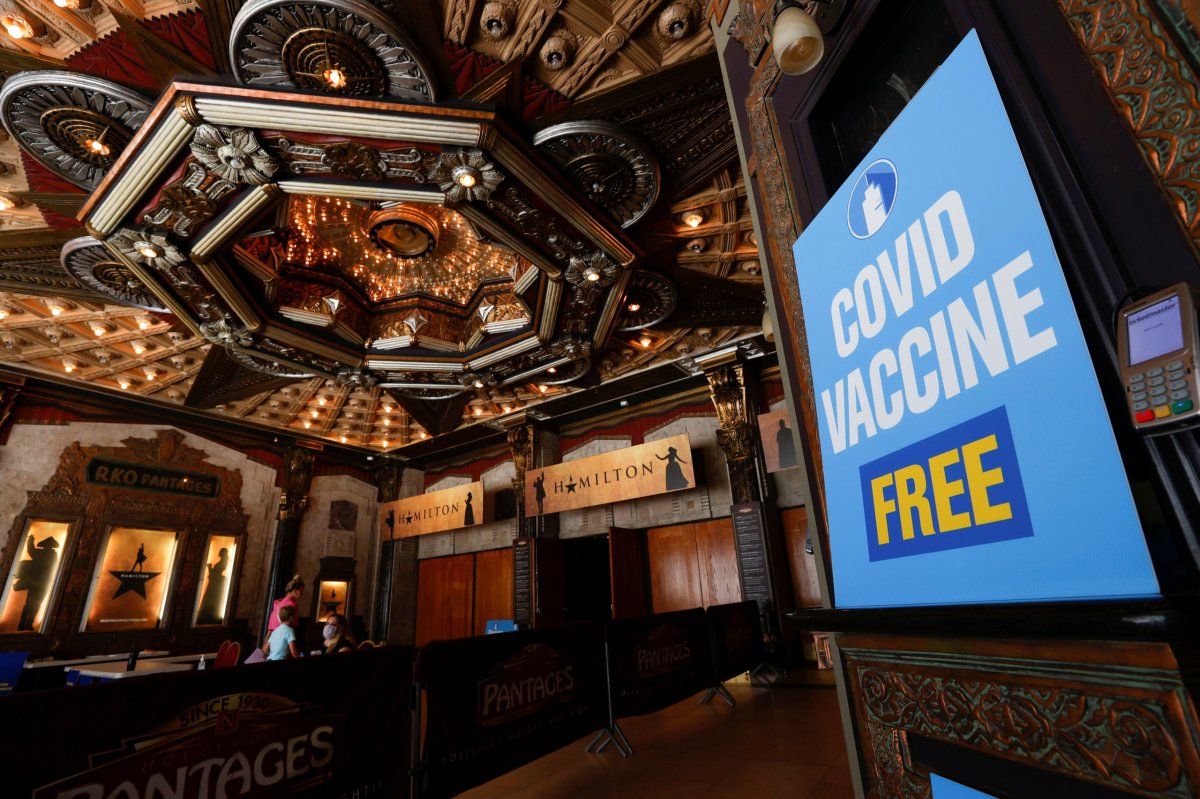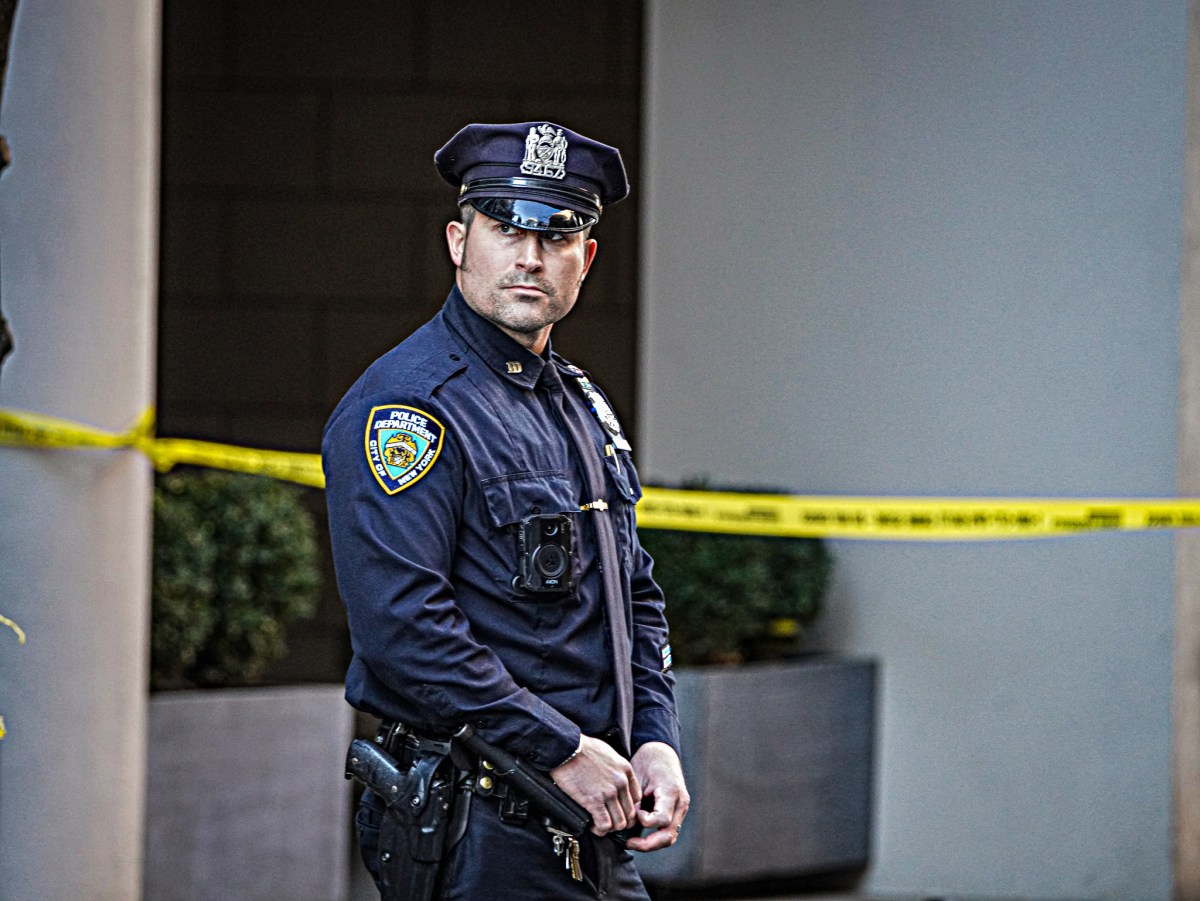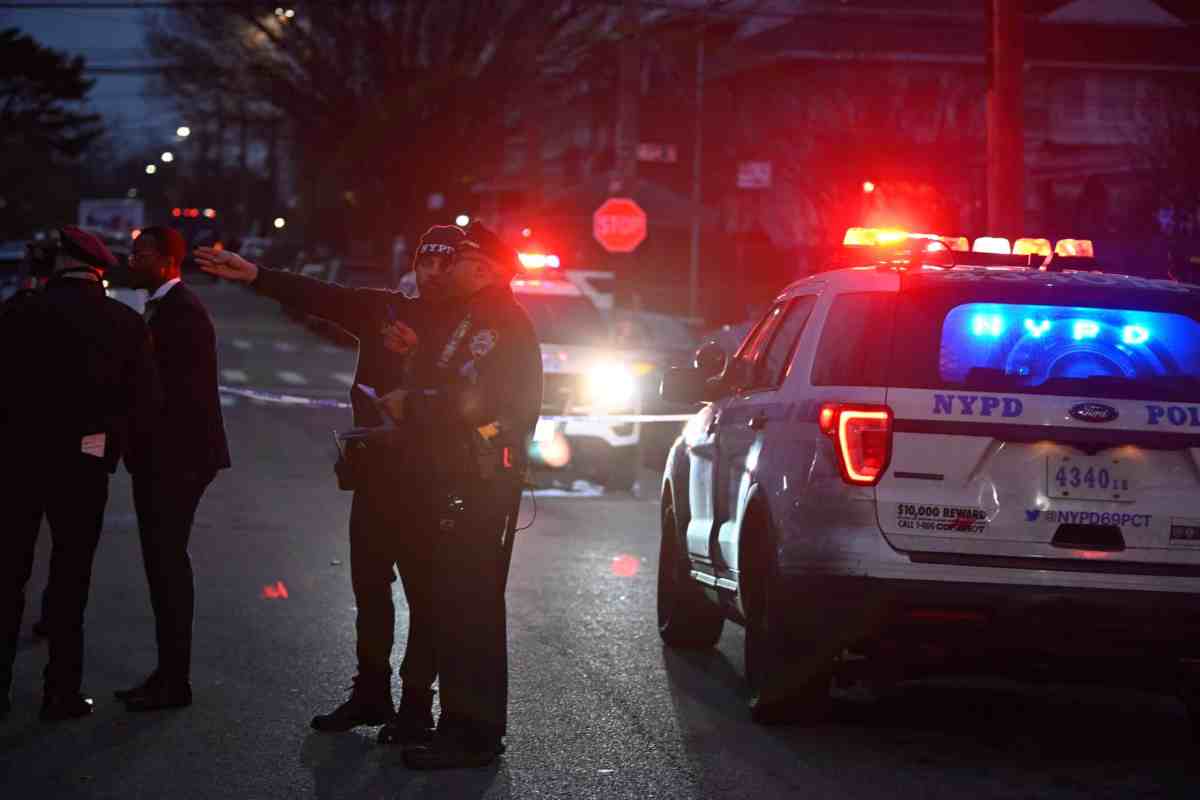OAKLAND, Calif. (Reuters) -California officials on Friday unveiled a website to access or download a digital copy of COVID-19 immunization records, though they stressed the state would not make it mandatory to carry the vaccine credentials.
Businesses will be able to verify the authenticity of digital “vaccine cards” by scanning a QR code on them using an app that a nonprofit group is expected to launch this month. The nearly 20 million immunized Californians can access their data at myvaccinerecord.cdph.ca.gov.
“It’s an optional tool to use,” said State Epidemiologist Dr. Erica Pan.
California opened up from COVID-19 restrictions on Tuesday, with masks, social distancing and capacity limits no longer required at most venues for those who are vaccinated. But businesses are largely operating on the honor system and not “carding” people.
Still, state officials said the e-pass could help in some circumstances, such as for travel.
Other states have barred shops and offices from requiring proof of vaccination, deriding “vaccine passports” as an intrusion on civil liberties.
California’s technology department developed its new website using technology known as Smart Health Cards, which originated at Boston Children’s Hospital. Walmart Inc this week also adopted Smart to support people who were vaccinated at its stores.
The approach contrasts with New York state, which paid IBM to develop a records app called Excelsior Pass, as well as a companion app for verification. Over a million people downloaded their records onto New York’s app, but few businesses have required them.
California’s Los Angeles County has offered digital COVID-19 vaccine records for months through startup Healthvana. Millions of users have taken advantage, said Healthvana Chief Executive Ramin Bastani.
Users may experience glitches with California’s new system, because their entered names, birthdates and contact information must match immunization records. Rick Klau, the state’s chief tech innovation officer, said only about 90% of records include contact information and some of it may be outdated.
(Reporting by Paresh Dave; Editing by David Gregorio and Dan Grebler)
















